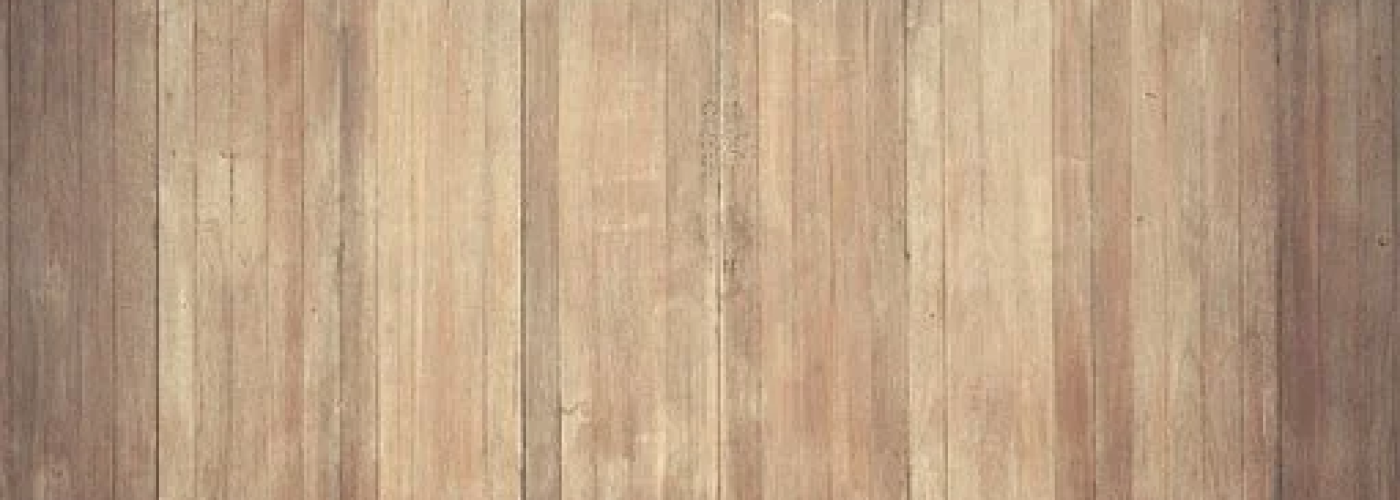Vinyl flooring doesn’t pose many disadvantages. In fact, it is one of the best options if you are looking for durability, easy maintenance, and good looks. However, like every other flooring option, vinyl isn’t perfect. It may be more appropriate for some homeowners than others.
The Pros of Vinyl Flooring
Affordability
This is perhaps the biggest benefit of vinyl flooring. Compared to wood and tiles, the upfront cost is pretty low. You can spend less than $1 per square foot on the lower end.
Even though rigid core vinyl planks are more expensive, their average price per square foot is lower than alternative flooring types. Hardwood flooring or carpet, for example, can cost up to double the price of vinyl.
Variety of Finishes
Vinyl flooring comes in a variety of beautiful finishes to suit different needs. The floors are available in traditional and modern designs, including hardwood, stone, and marble imitations. You can also choose from abstract patterns and motifs for modern and contemporary rooms.
Scratch-Resistance
Vinyl planks are scratch-resistant. They are hard to damage because of the resistant wear layer. Unlike hardwood which exhibits dings and dents after years of use, vinyl will look great for a long time.
Durability
With proper maintenance, quality vinyl flooring options can last very long. It can last much longer than hardwood and certainly longer than carpet.
Vinyl flooring requires little upkeep to stay in good condition for a long time. This is the sort of flooring where less is more regarding maintenance.
You don’t need to use any expensive cleaning supplies. Most detergents and waxes can harm the material. Simply use a homemade mixture of hot water and white vinegar to clean your floors. Alternatively, you could mop the surface with a cleaner for vinyl flooring.
Great for Pets and Kids
Vinyl flooring is an excellent choice if you have children or pets. Even though it isn’t always fully waterproof, all types of vinyl are water-resistant. You don’t need to worry about accidental messes and spills staining your floor. You can simply clean with a mop or vacuum.
Comfortable On Your Feet
Vinyl flooring is softer and easier to walk on than hardwood or tile, even though it isn’t as comfortable as carpet. This is a significant advantage, especially if you want to put new flooring where people need to stand for extended periods.
The ability of the material to maintain room temperature is another benefit in terms of comfort. Simply turn on the central heating, and your vinyl floor will feel reasonably warm to the touch. This perk is especially significant if you enjoy being barefoot inside your home, even during the cooler months.
They Can Look Like Anything
One of the best things about vinyl flooring is that it can be customized to look like anything you want. Your selections are obviously limited to what the manufacturer has to offer. However, you can always find something for your space.
Would you like your vinyl planks to resemble natural wood? Do you want them to look like stone, wood, or a huge flower? You can have whatever you want.
The Cons of Vinyl Flooring
The benefits of vinyl flooring are undeniable. It is inexpensive, looks like natural wood, and comes in various styles. However, this flooring isn’t for everyone. Here are a few disadvantages of vinyl flooring:
- You can’t repair it
- It doesn’t increase the resale value of your property
- It can be hard to recycle
- It releases volatile organic compounds (VOCs)
In conclusion, vinyl flooring is ideal for modern homes or renovations on a budget. Depending on the type, this flooring can simulate real wood at a lower cost. Vinyl flooring is also simple to install and maintain.
It might not be as durable as tile or have the same market value as hardwood, but you can still count on it to last for many years.





